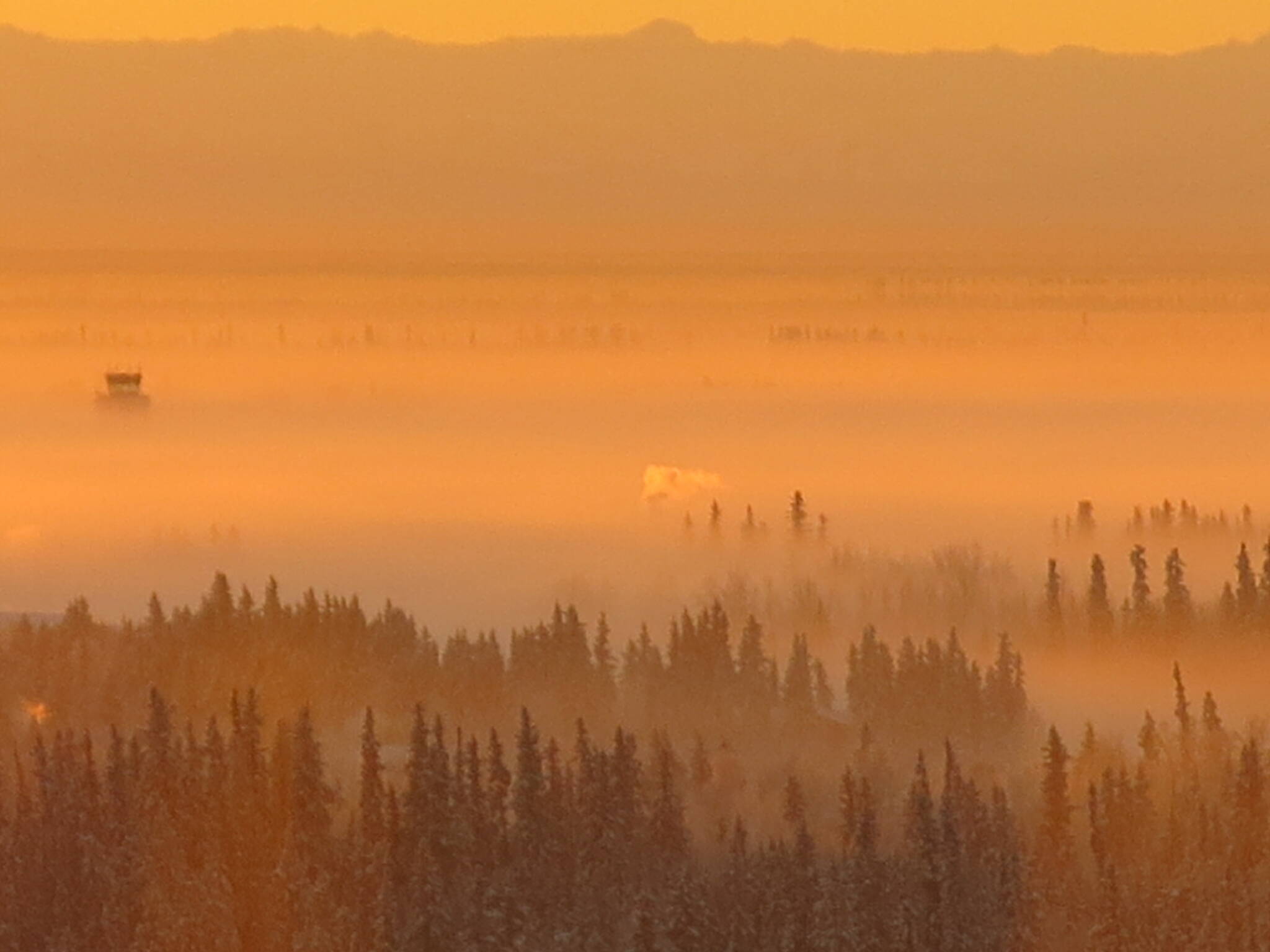When my little Ford pickup chugged into Alaska 36 years ago this month, I didn’t know a wheel dog from a dog salmon. You could have told me the North Slope was connected to the Panhandle by the Chain, and I would have believed you.
Back then, I mispronounced the name of my new home river — Tanana — because a pitcher for the then-California Angels spelled his name the same way.
I could have avoided that awkwardness if I had possessed the Dictionary of Alaskan English.
In it, former University of Alaska Fairbanks English professor Russell Tabbert included hundreds of terms he found unique to Alaska. He compiled them in a volume published in 1991 that he considered “a linguistic natural history museum, providing a view of the land and the peoples’ lives there.”
Over time, I stopped saying snowmobile. “Snowmachine” and “sno-go” described the same device and were more fun to say.
I settled to live in the hot-and-cold “Interior,” which is the middle of Alaska just like it sounds, and have visited the treeless “North Slope” beyond the Brooks Range and the rainforests of “Southeast.” I once sailed on a research boat to the end of the “Aleutian Chain,” almost to Russia.
In the Interior, superinsulated white “bunny boots” are a common sight within the “arctic entry” of a home, waiting to protect the owner’s toes from air colder than minus 35 F. That’s the temperature at which “ice fog” forms, because the dry, cold air can’t hold any more moisture.
Some of my favorite times have happened while moving through “the Bush,” wild places far from big cities in Alaska. The Bush includes more than 200 Alaska Native villages, most of them on the banks of rivers. In one of those communities, I might sweat in a wood-heated “steam” (sauna) or — if so honored with an invite — attend a “potlatch” (where Native people share foods, often in memory of someone who has died).
While traveling the middle Yukon River country, I have listened to stories of the “woodsman,” a creature with the mystique of Bigfoot.
“Woodsmen are as real as any other creature in the Koyukon (Koyukuk-and-Yukon-rivers) environment, but they are extremely shy and quick to vanish when people come near,” anthropologist Richard Nelson once wrote. “Woodsmen take special delight in harassing people, which they do by whistling, throwing sticks, rustling the brush, or emitting evil laughter nearby.”
Somewhat easier to see than a woodsman as they now swim up Alaska’s big rivers are “Chinooks” (king salmon), “dogs” (chums), “cohos” (silvers), “humpies” (pinks) and “sockeyes” (reds).
When the water freezes and snowmachiners fire up their rigs and pack in trails, dog mushers follow. Along “ganglines” extending from the front of a sled, they station “lead dogs” at the head of the team. A good leader knows her “gee” (right) from her “haw” (left). “Swing dogs” are hitched in a pair right behind the leader or pair of leaders. “Wheel dogs” are hitched closest to the sled. Mushers borrowed all these teams from horse drivers.
It took me a while to learn the terms “honeybucket” (a 5-gallon pail used in lieu of a toilet), “push-up” (dark vegetation shoved onto pond ice by a muskrat), and “washeteria” (a building with hot showers and washing machines in a place with no system of water pipes), but I’m now familiar with almost all of the Alaska-centric terms Tabbert documented.
Maybe that’s a sign that I have — as they might have said in the old days — “missed too many boats.”
• Since the late 1970s, the University of Alaska Fairbanks’ Geophysical Institute has provided this column free in cooperation with the UAF research community. Ned Rozell is a science writer for the Geophysical Institute.

